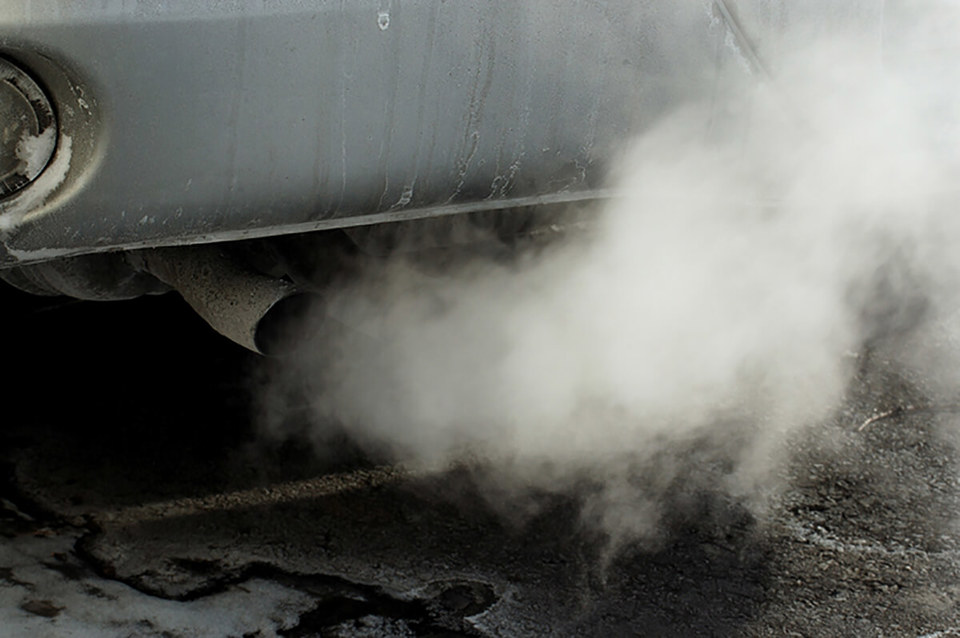Volkswagen Group customers affected by the emissions scandal will be compensated for any reduction in residual values.
The announcement came the day after the beleaguered manufacturer announced its initial findings about CO2 irregularities.
It had originally thought that approximately 800,000 Volkswagen, Audi, Skoda and Seat vehicles worldwide could be affected, but it now appears a much smaller number could see CO2 values increase.
Investigations into the nitrogen oxide (NOx) issue are still ongoing, but initial findings suggest the Volkswagen Group's decision to launch a diesel campaign in the US in 2005, where emissions limits are much stricter than Europe, was the catalyst for the ensuing scandal.
Customers in the US have been offered a $500 voucher along with a $500 credit which can be used at dealerships and an additional $2,000 loyalty bonus against future purchases, but in the UK no such compensation has been announced.
The chairman of the board of management, Matthias Müller, said: “We are going to prepare the right package for each region. It’s got to be an attractive package; some sort of compensation in the reduction in residual value of the car.”
Talk of compensating any RV shortfall comes after pricing expert Cap indicated that the scandal could negatively affect future car values, and leasing companies would expect to be compensated if that proved to be true.
Dylan Setterfield, senior forecasting editor at Cap, said: “Previously, we had expressed a view that some impact was expected from the potential irregularities in European CO2 data. However, following the latest data release, the number of affected vehicles is dramatically fewer than originally advised, and also the eventual CO2 - and therefore MPG - changes are now expected to be minimal. On this basis, there will be little or no impact on future values.”
He continued: “From a consumer perspective, there seems to be anecdotal evidence to suggest motorists are reluctant to have the remedial work done, amidst unjustified concerns around performance. This potentially gives rise to increased variation in future values.
"A car which has not been ‘remodelled’ could bring higher proceeds if sold privately, but attract a lower part exchange value if trading with a franchised dealer. These will probably be impossible to distinguish between in the used car trade and retail sales data.”
Müller also admitted that the image of diesel had been tainted by the scandal and it would be launching a pro-diesel campaign as a result. “We desperately need diesel to meet CO2 requirements in 2020,” he said.
The internal investigation indicates that the use of a defeat device was due to three factors: the misconduct and shortcomings of a “small number of employees”; weaknesses in some processes; and a mindset in some areas of the company that tolerated breaches of rules.
Hans Dieter Pötsch, chairman of the supervisory board of the Volkswagen Group, said: “The developers quite simply could not find a way to meet emissions targets within the timeframe and the budget they had been given.”
Instead, they used a piece of software to cheat the tests and when a technical development became available to remedy the problem, it was ignored. Nine managers have been suspended.
For more on the emissions scandal, see next week’s edition of Fleet News.























DavidEdmunds1 - 11/12/2015 10:59
Who is going to pick up the tab on this? Will this be a further excuse by dealerships to drive down RV's? Will GAP Insurance cover it? Will GAP insurers "wear it" mindful it was never envisaged that GAP insurance should pick up this sort of deceit by a Motor Manufacturer? An interesting conundrum!